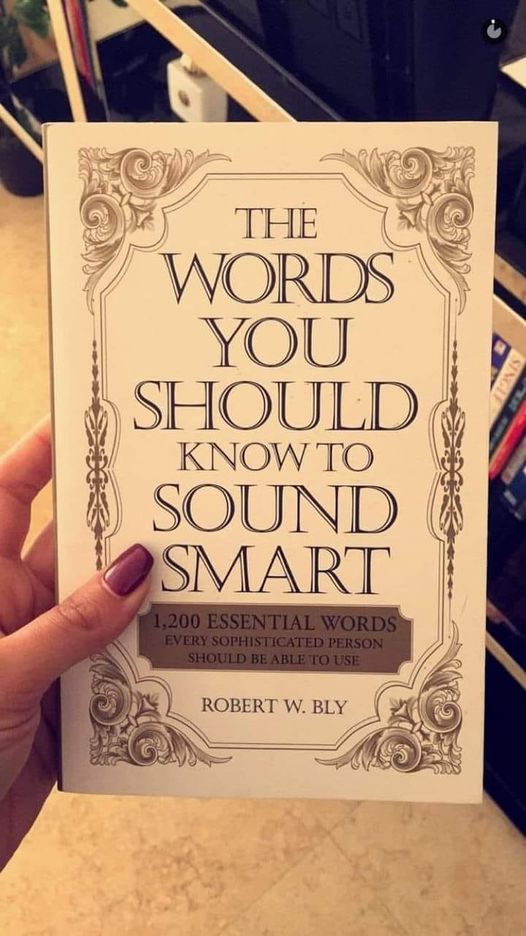7 LESSONS FROM THE BOOK THE WORDS YOU SHOULD USE TO SOUND SMART BY ROBERT BLY:
1. Choose words that are evocative and specific. Don't just use bland, general words. Instead, use words that paint a picture in the reader's mind. For example, instead of saying "it was a big dog," try saying "it was a hulking mastiff with a droopy jaw and amber eyes."
2. Use strong verbs. Verbs are the lifeblood of your writing. They make your sentences more vivid and engaging. Instead of using weak verbs like "is," "was," and "have," try using strong verbs like "stomped," "clambered," and "exclaimed."
3. Vary your sentence structure. Don't just write a bunch of simple sentences. Mix it up with some compound, complex, and run-on sentences. This will make your writing more interesting and engaging.
4. Use figurative language. Figurative language, such as similes, metaphors, and personification, can help you express yourself in a more creative and evocative way. For example, instead of saying "the sunset was beautiful," try saying "the sunset exploded in a riot of colors."
5. Use active voice. Active voice makes your sentences more direct and forceful. Instead of saying "the ball was hit by the boy," try saying "the boy hit the ball."
6. Avoid clichés. Clichés are overused phrases that are no longer fresh or interesting. Instead of saying "it was a dark and stormy night," try saying "the night was as black as pitch and the wind howled like a banshee."
7. Proofread carefully. Even the best writers make mistakes, so it's important to proofread your work carefully before submitting it. This will help you catch any typos or grammatical errors.




